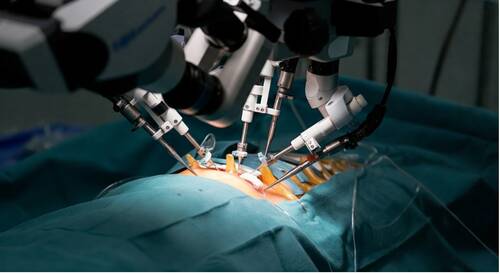How Technological Advances Are Revolutionizing Spine Care: Insights from Brent Felix

Spine care has significantly improved over the years, thanks to new technology. From better surgery techniques to tools that help doctors see the spine more clearly, these changes are making it easier to treat back problems. Dr. Brent Felix, a well-known spine surgeon, is helping lead this progress. He has spent years learning and practicing advanced ways to help patients with spine issues, and his work is making a big difference.
Minimally Invasive Surgery
Minimally invasive surgery uses smaller cuts and special tools to treat spine problems. Unlike traditional surgery, it causes less damage to the body. Patients experience less pain, smaller scars, and faster recovery times. Dr. Brent Felix explains that minimally invasive techniques allow doctors to fix problems like herniated discs and spinal stenosis with much less risk. Surgeons can perform these procedures accurately using small cameras and advanced instruments.
(more…)

